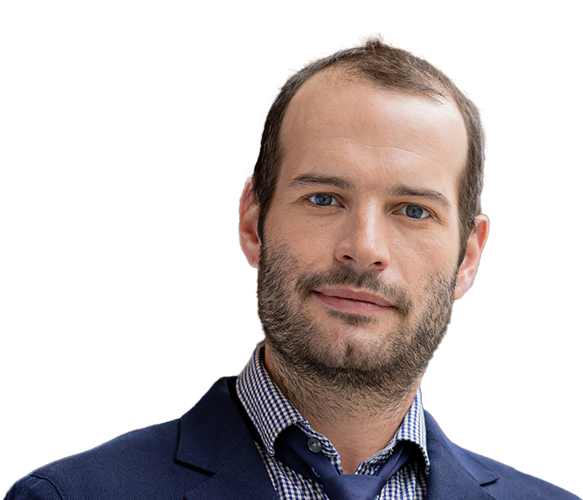Gabriel Jobidon
Assistant Professor (LL.B, MBA, M.Sc., LL.D.)
Department of Construction Engineering, Ecole de Technologie Supérieure (ETS)
Email: gabriel.jobidon@etsmtl.ca

Assistant Professor (LL.B, MBA, M.Sc., LL.D.)
Department of Construction Engineering, Ecole de Technologie Supérieure (ETS)

Gabriel holds a doctorate in law from Université Laval, a master’s degree in environmental management, a master’s degree in business administration and a bachelor’s degree in law from Université de Sherbrooke. He has worked on numerous public infrastructure projects, both as an employee of public agencies and as a consultant. He specializes in construction tenders, with an emphasis on alternative construction methods. He is particularly interested in relational and collaborative contracts such as Integrated Project Management and Alliance.
Construction methods cover the planning, design, construction, financing, operation and maintenance of the infrastructure. While clients have historically turned to traditional methods (general contracting), they are increasingly turning their attention to alternative methods (CC, CCF, CCFE, CCFEE) or collaborative methods (management, integrated project management). In collaboration with our industry partners, we participate in the evolution of these modes, in the determination of best legal and commercial practices, and in the evaluation of their performance.
The grass is always greener next door… but not always! Comparison is a method of legal research that enables us to criticize our own rules. Confrontation with other economic and cultural realities allows new practices to emerge.
The prof. Jobidon is responsible for the courses following :
The following research projects are being conducted or in which Gabriel is involved:
Use the filters below to optimize your search: